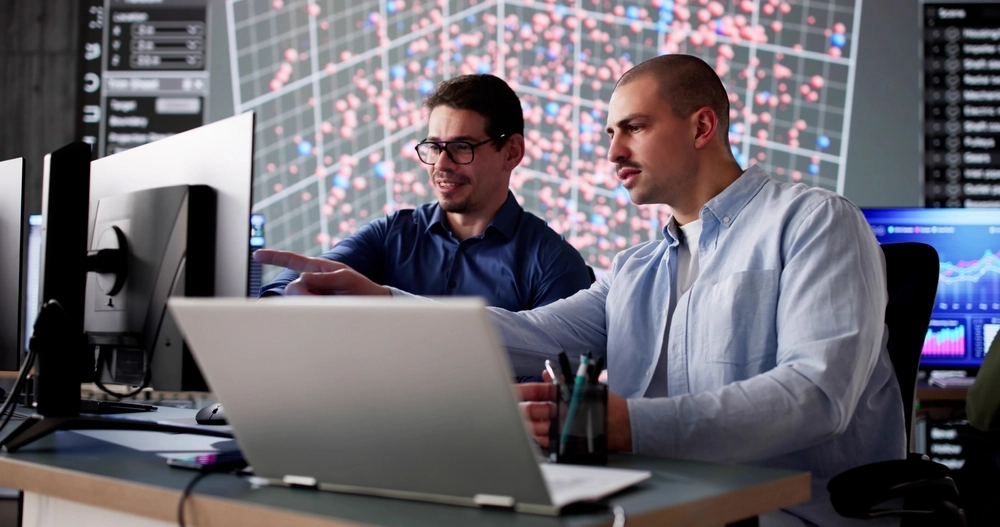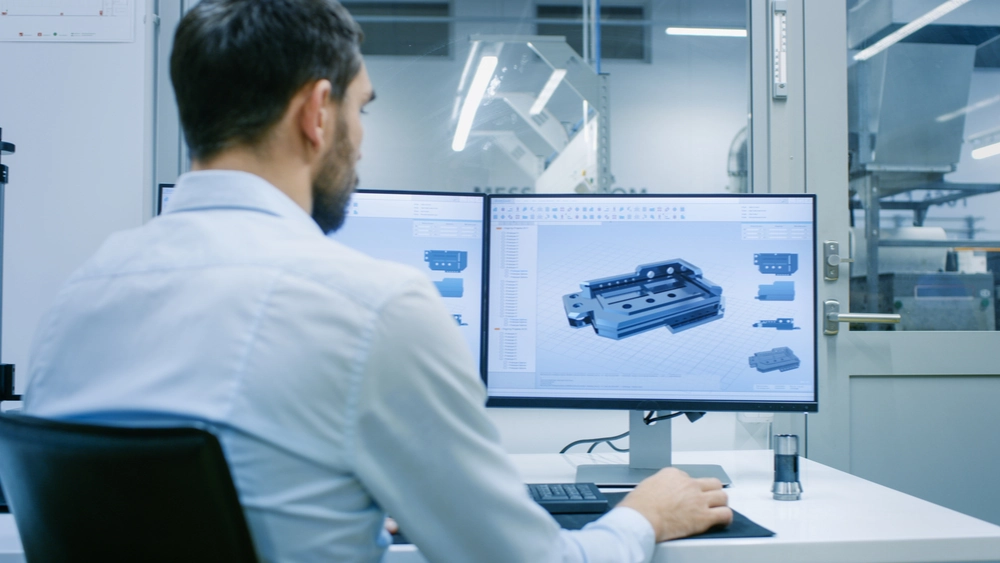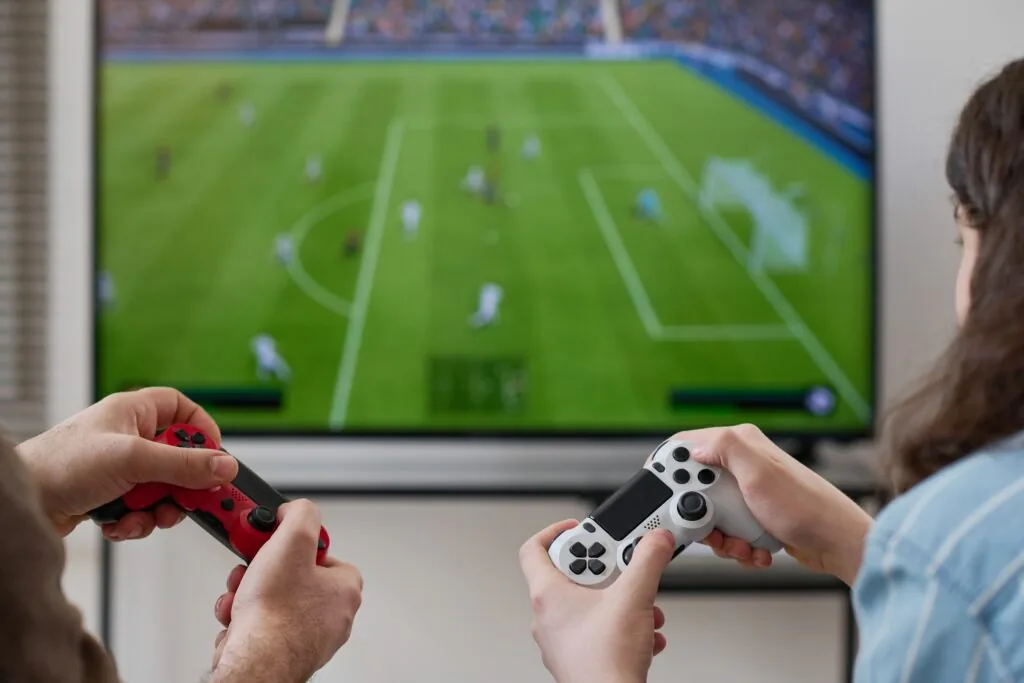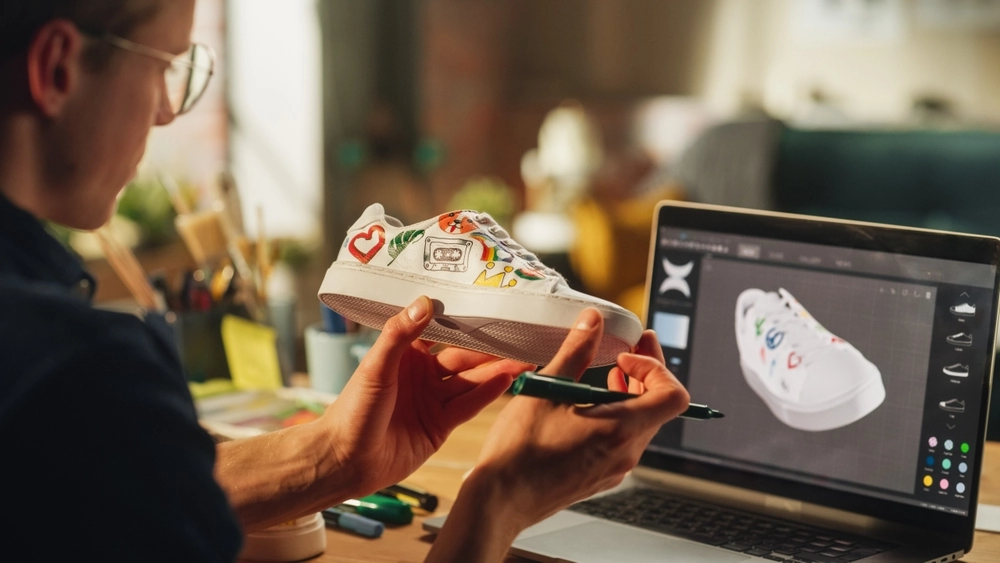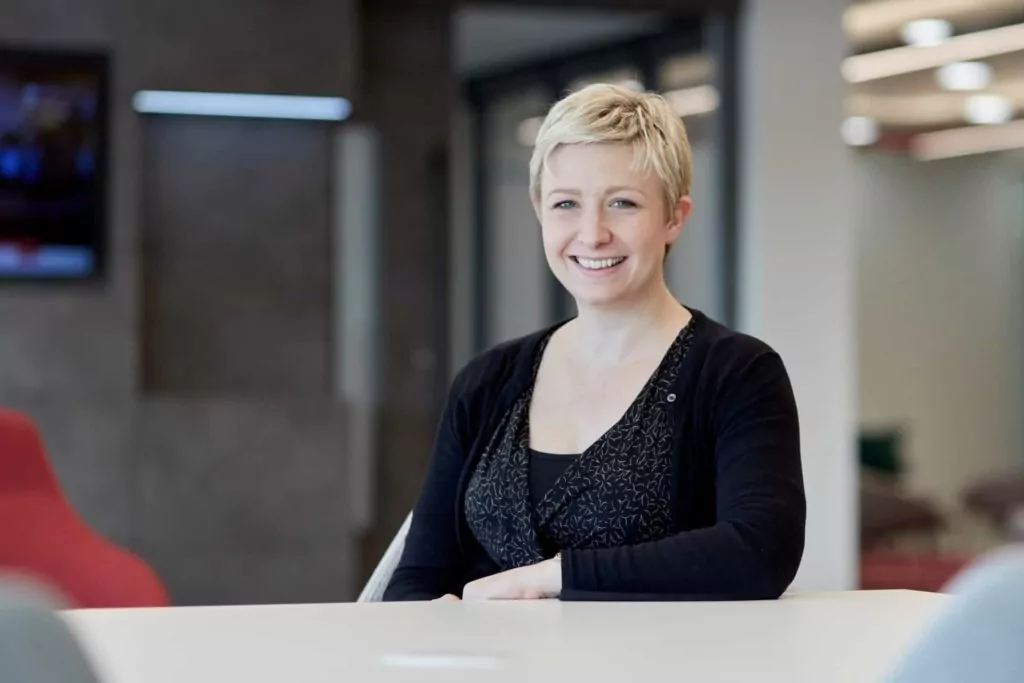
AI machines denied status of inventor under the UK Patents Act: Thaler v Comptroller-General of Patents, Designs and Trade Marks


On 20 December 2023, the UK Supreme Court handed down its judgment in Thaler v Comptroller-General of Patents, Designs and Trademarks. This case is one of a series of parallel applications by Dr Stephen Thaler to patent offices around the world, in which Dr Thaler and his team seek to establish that AI systems can make inventions and that the owners of such systems can apply for and secure the grant of patents for those inventions.
When filing two patent applications, Dr Thaler had listed an artificial intelligence machine he owned called DABUS as the inventor. The Supreme Court held that DABUS was not an inventor for the purposes of the Patents Act 1977 ("PA 1977") and Dr Thaler therefore did not derive the right to secure the grant of the patents to himself through his ownership of DABUS. As a result, the Comptroller was right to find that the applications were deemed to be withdrawn.
Background
In October 2018, Dr Thaler filed applications for two patents. Both applications stated that Dr Thaler was not the inventor of the inventions described. In his statements of inventorship, Dr Thaler asserted that the inventions were devised by DABUS, and that he acquired the right to the grant of patent due to his ownership of DABUS. The Hearing Officer held that the applications would be taken to be withdrawn at the expiry of the submission period as DABUS was not a 'person' and therefore could not be an inventor under the PA 1977. The High Court dismissed the appeal on the basis of the same literal interpretation of the legislation. The Court of Appeal similarly dismissed the appeal because such an inventor was required to be a 'person' and there was no general rule of law that any intangible property (including an invention) created by a machine was the property of the machine.
The decision
The Supreme Court was asked to determine three issues.
Does the term ‘inventor’ for the purposes of the PA 1977 extend to AI machines?
The court assessed the meaning of the term 'inventor' under s. 7 PA 1977. The PA 1977 uses the term ‘deviser’ and this must be given its ordinary meaning, ie ‘[…] a person who devises a new and non-obvious product or process which is capable of industrial application […]’. Lord Kitchin made reference to the House of Lords' 2007 decision in Yeda Research and Development Co Ltd v Rhône-Poulenc Rorer International Holdings Inc where Lord Hoffman defined an 'inventor' as the 'natural person' who came up with the inventive concept. As DABUS was not a 'natural person', DABUS was not an inventor for the purposes of the PA 1977.
Was Dr Thaler nevertheless the owner of any invention made by DABUS and entitled to apply for a patent in respect of any such invention?
Dr Thaler argued that, as the owner of DABUS, and on application of (or by analogy with) the doctrine of accession, he derived the right to apply for and be granted patents for the inventions under s. 7 PA 1977 as they were the 'fruits' of his machine. This argument failed on two points. Firstly, s. 7 of the PA 1977 requires that there must be an inventor and that the inventor must be a person. As had been established, DABUS was not a person. Secondly, it mischaracterises an invention as tangible property, title to which can pass to the owner of the machine which generated it. As the doctrine of accession requires new tangible property to have been produced by existing tangible property, the reliance on this doctrine was misguided and there was no basis for applying it in these circumstances.
Was the Hearing Officer for the Comptroller entitled to hold that the patent applications would be taken to be withdrawn?
The court reiterated that, under s. 13(2) of the 1977 Act, Dr Thaler was required to name the person who was the inventor and, where the applicant was not the inventor, how he derived that right to be granted the patent. As he did not identify a person or persons whom he believed to be an inventor within the relevant period and failed to indicate the derivation of his right, the Comptroller was entitled to find that the application was deemed to be withdrawn, and Dr Thaler's appeal was dismissed.
Comment
The court was expected to be strict in its literal interpretation of the legislation, so this decision was unsurprising. It cemented the current position in UK law that: (a) inventors must be natural persons and cannot be machines (including AI systems); and (b) an owner of a machine has no right to obtain a patent independently in respect of any new product created by that machine. It should be noted that a person may still apply for a patent and be deemed to be an inventor for a creation made using AI as a tool. Whether technical advances generated by machines acting autonomously and powered by AI should be patentable remains subject to policy makers' decisions, and we will be monitoring for any developments in this respect.
if your need any legal advice please don't hesitate to contact our patent lawyers, design right law team or our expert IP lawyers.



